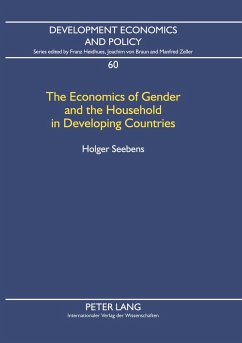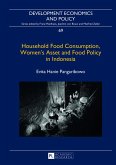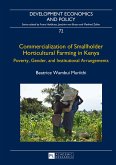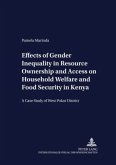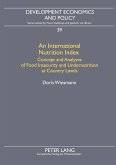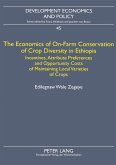This study focuses on gender differences and their implications for household decision making in terms of production, consumption, fertility and the measurement of welfare. Using econometric approaches, the study reveals that different preferences as well as unequal access to resources determine the outcomes of household decisions. However, preferences and responses to inequality are not static but change depending on risk behavior and the institutional setting as demonstrated with examples from agricultural production and household demand for consumption goods. The means to translate preferences into actual demand depend on the bargaining power married women have in household decision making. Furthermore, the results reveal that apparent gender differences in terms of demand lead to an identification problem of adult equivalence scales, when these are estimated using demand data.
Bitte wählen Sie Ihr Anliegen aus.
Rechnungen
Retourenschein anfordern
Bestellstatus
Storno

